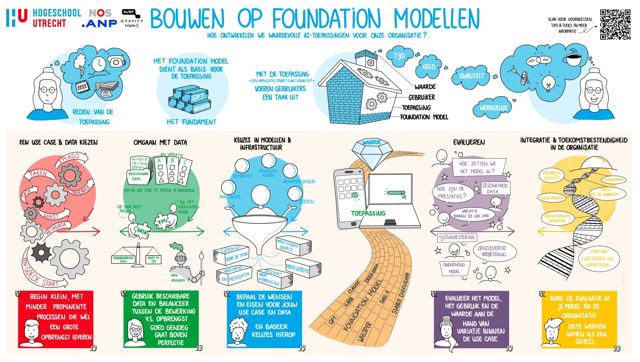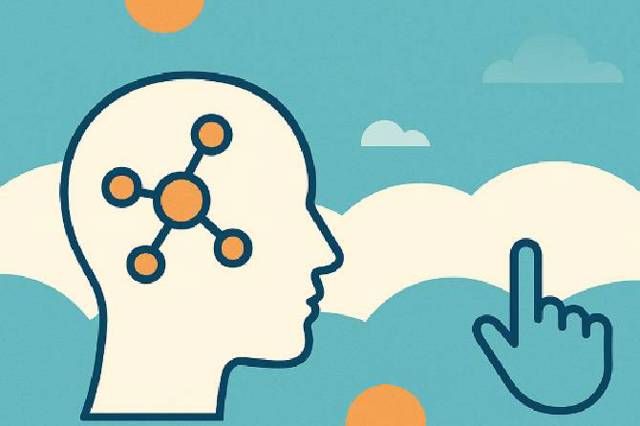< Back to news 


25 July 2023
Rubicon grant for three UvA scientific talents
Dr. Andrea Cordaro (Institute of Physics & AMOLF), Henk van Voorst (Amsterdam UMC, location AMC) and Dr. Ruy Kortbeek (Swammerdam Institute for Life Sciences) received a Rubicon grant from NWO and ZonMW. This allows them to conduct research at an institution abroad.
For many scientists, experience abroad is an important step in their career. The Rubicon grant makes it possible for young researchers to gain experience at a foreign institute that offers the best environment for their research.
The amount of financing depends on the chosen destination and the duration of the stay. NWO and ZonMw can finance around sixty young researchers within the Rubicon program every year. In this first funding round of 2023, a total of fifteen researchers will be awarded a Rubicon.
The awards
- Dr. Andrea Cordaro (Institute of Physics & AMOLF): Mathematics at the speed of light
Optical processing offers a promising path to process data at the speed of light and at low powers. Cordaro wants to use lithium niobate to perform on-chip time domain signal processing. This technology could lead to the development of smaller, cheap and energy-efficient hybrid optical-electronic computer chips.
Cordaro leaves for Harvard University (USA) for a period of two years.
- Henk van Voorst (Amsterdam UMC, location AMC): Artificial intelligence for blood flow analyzes in radiological images of patients with a cerebral infarction
After endovascular treatment of a cerebral infarction, a large proportion of patients have a poor outcome because blood flow does not fully recover. In his research project, Van Voorst will design and evaluate artificial intelligence algorithms to automatically measure the blood flow in blood vessels in medical images and thus optimize treatment choices.
Van Voorst is leaving for Stanford University (USA) for a period of two years.
- Dr. Ruy Kortbeek (Swammerdam Institute for Life Sciences): Antibodies to protect crops
In nature, plants produce antibodies that help them protect themselves against insects, fungi and harmful bacteria. Kortbeek will look at how plants regulate the production of these substances. The results of the research offer opportunities for growing food crops that are less dependent on synthetic pesticides.
Kortbeek is leaving for a period of two years to Purdue University (USA).
- Written by UvA
Vergelijkbaar >
Similar news items

May 29
Building responsibly on foundation models: practical guide by Utrecht University of Applied Sciences and RAAIT
Researchers from RAAIT have published a practical guide for organisations aiming to develop AI applications using foundation models. The guide supports responsible decision-making.
read more >

May 29
SER: Put people first in the implementation of AI at work
In a new advisory report, the Dutch Social and Economic Council (SER) calls for a people-centred approach to AI in the workplace, warning of risks to jobs and social cohesion.
read more >

May 27
🌞 Open Space: AI meets Science Communication – will you take the stage?
Are you working on AI with impact? Wondering how to talk about it with the world? Join us on Thursday 4 July for an open space afternoon on AI & Science Communication, co-organized by Amsterdam AI and NEWS (the Dutch national centre for science & society).
read more >